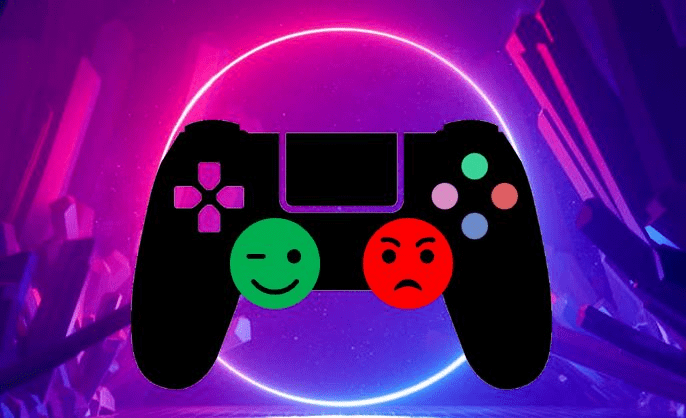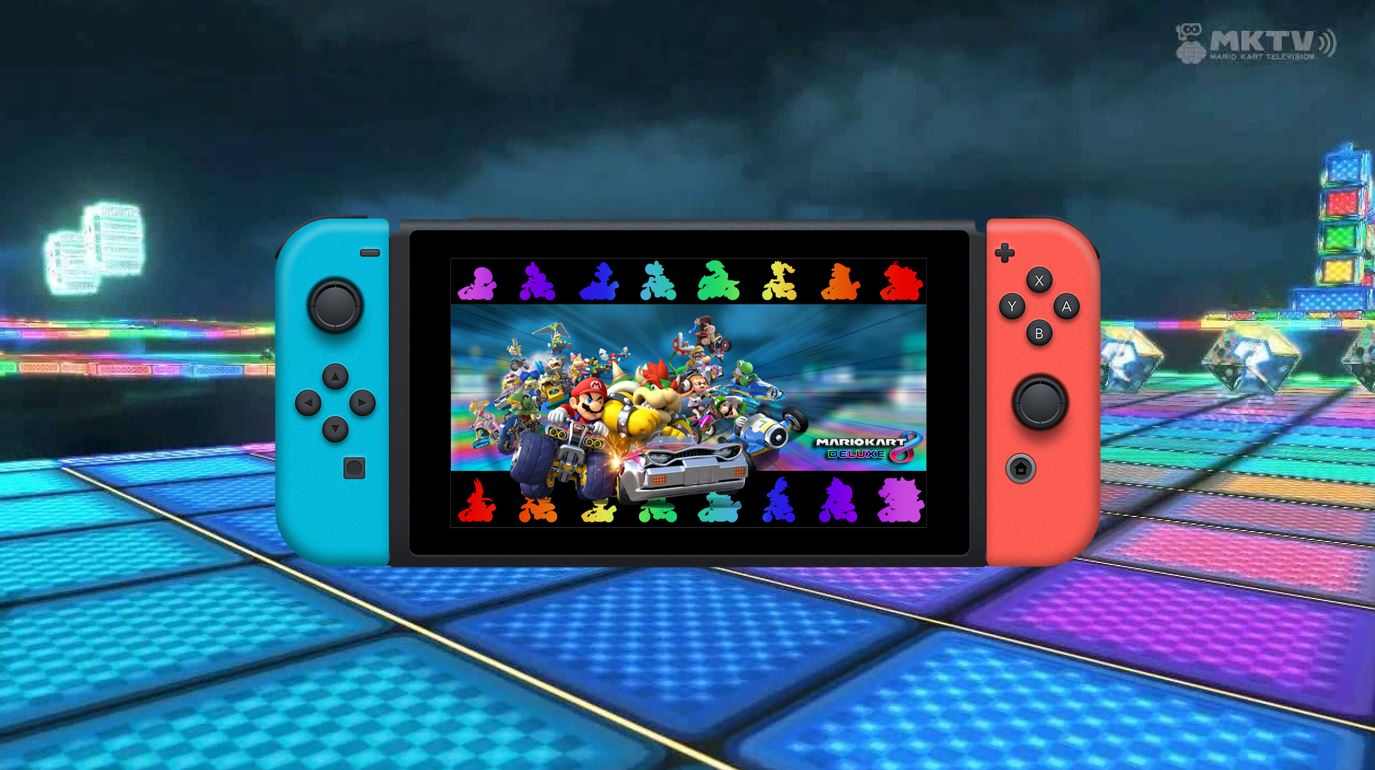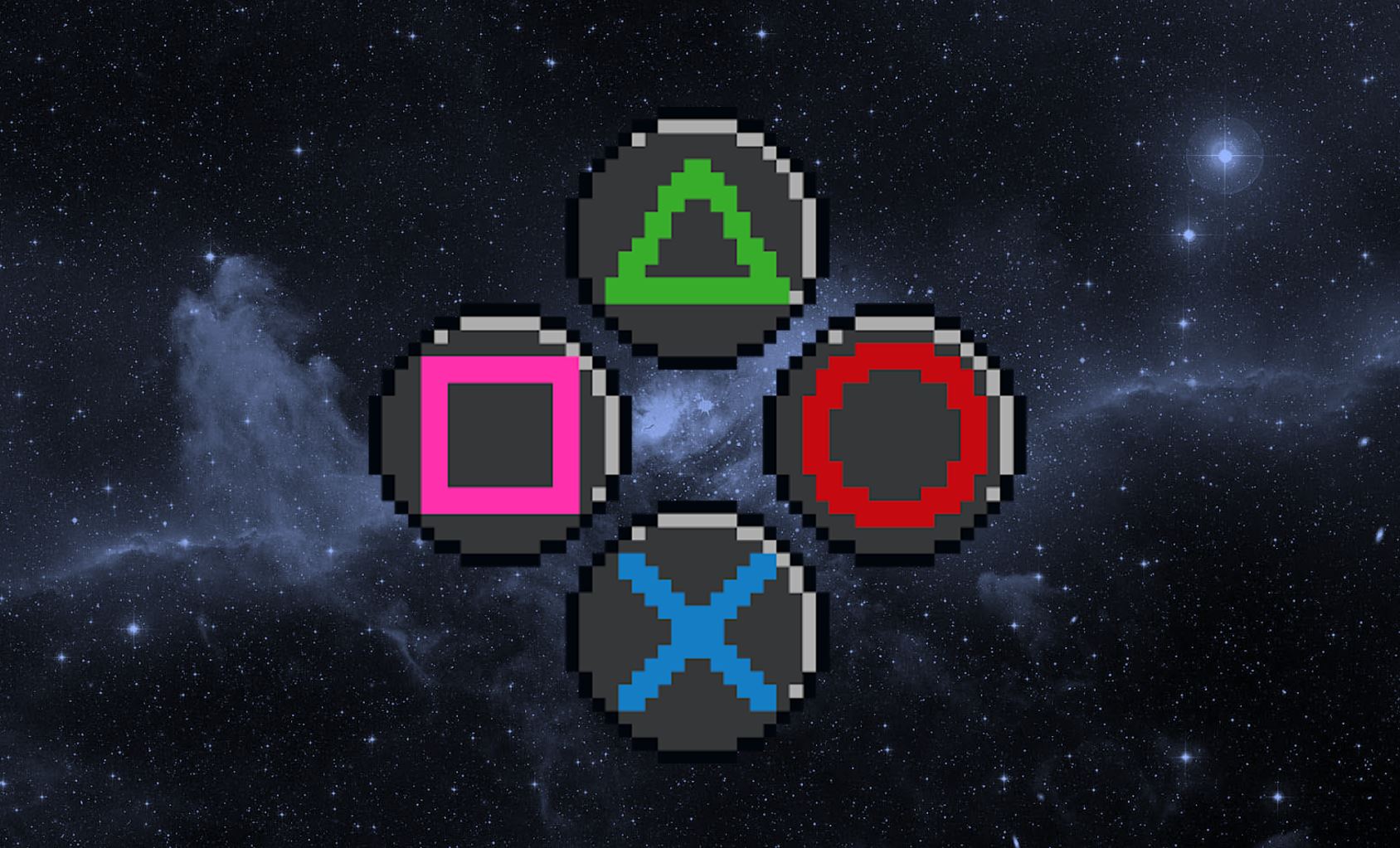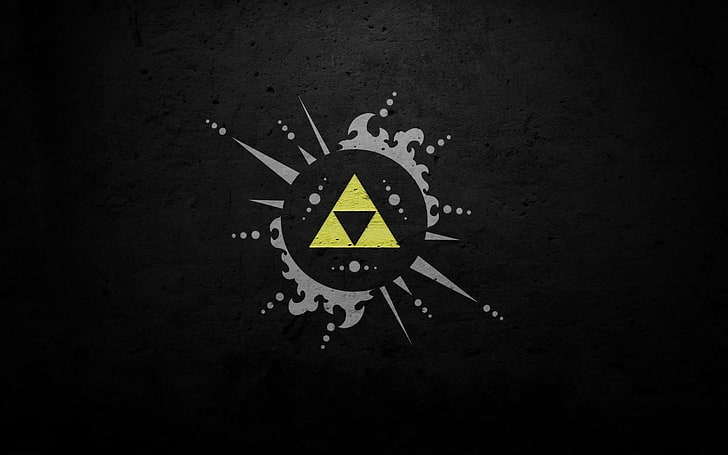Not all game playing looks the same. It is important to be able to tell the difference between healthy fun and noticing a problem
Daniel A. Kaufmann, Ph.D.
Owner of Area of Effect Counseling & Dr. Gameology on Twitch & The Gaming Persona Podcast
Playing video games is usually a healthy choice. It provides us with a sense of accomplishment, an outlet for stress, and most importantly- it’s fun! But what happens when healthy gaming becomes problematic?
What is Healthy Gaming?
Healthy gaming typically includes playing video games for fun and relaxation. Play is an essential part of a healthy lifestyle. Being able to experience challenges and goals with an attitude more consistent with fun, skill, and low-stress makes play an important activity compared to the high stress work and school environments we normally associate achievement with. Without this balance, we can fall into negative emotional states as we realize how tough life actually can be. Video games can specifically empower us in the role of the hero, believe in us as the one who can solve the puzzle, and celebrate us as we save the world from catastrophe in the worlds we enjoy during the our time in them.
Problematic gaming, on the other hand, is when video game play begins to interfere with daily life activities such as school, work, or social relationships. We can get hooked on this idea that actual life matters less, or that we are stuck and cannot do anything about it. We can disengage from these frustrations and choose something else over and over. The problem is, that something else is a game, and the game is a distraction from the actual challenge in front of us. At this point, the games stop our growth in the actual world, promising us a false fulfillment inside the world of the game. We stop to grow because we are missing the chances to grow.
It is important to remember that playing video games for healthy amounts of time is not considered problematic. This cannot be calculated by the same time limits for every person. It really depends on the structure of a person’s life and what is being asked of them. For instance, playing video games in moderation (a couple hours a day) or teaming up with friends to play together can be healthy ways to enjoy gaming. The question really comes down to whether a person is still a part of their full life (including games) or if the games have pulled them away from important parts of that very life.
5 Signs for Healthy & Unhealthy Gaming
With this in mind, it is important that we know the difference between healthy and unhealthy game play. Use these 5 tips to know the difference so that we don’t fall into the trap of addictive behavior patterns which will harm our mental health over the long haul. Gaming is better for everyone when it is done in a healthy way…
Signs that you are experiencing healthy gaming include:
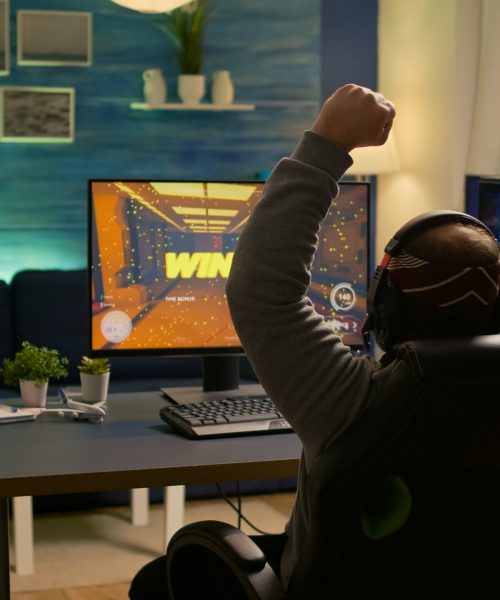
- Playing digital games should be fun! If you feel stressed out after spending too much time on your console or computer screen – take some breaks by doing something else like exercising, talking to family/friends about what’s going on in your life, sleeping more regularly etc…
- Playing games with friends can be a healthy way to connect and have fun. Try not to get too competitive or hooked on winning – balance is key!
- Experiencing accomplishments and growth inside the world of your game is healthy because it makes you feel good! Sometimes, it even motivates us to do bigger things IRL (In Real Life)!!!
- Playing healthy video games can be a great coping strategy for when you’re feeling down. If a game allows you to take on different roles, it can help improve your mood and make you feel good about yourself. Doing this at a healthy amount can really change the flow of life and enhance creativity.
- Self-esteem can get a real boost from playing video games! Whether the activity is creating a character, leveling up, learning the successful path through a challenge, there are so many positives to be found in gameplay. Many of the things people are looking for from therapy can actually be learned by thinking about how we find success in our video games!
So what are some signs that video game play has become unhealthy?
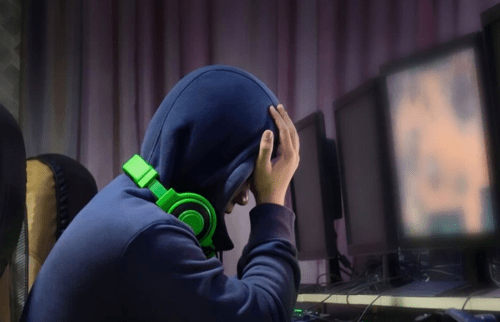
- Beware of excessive gaming hours that start cutting into your sleeping, socializing, or work time. If you’re feeling like you can’t stop playing even when you want to, it might be a sign that the game has become problematic for you. Seek professional help if this is the case.
- Notice your moods and stresses in day-to-day life. Feeling anxious or stressed when unable to play is a sign that games are filling a need in a meaningful way. There may be better ways to get to the bottom of this feeling. Sometimes the games are creating the feelings, but other times it is addressing them as best as you can. It is important to know the difference.
- Dishonesty can be a big sign of unhealthy game play. This includes lying to friends, family or significant others about how much time you are spending playing games. If the choice is healthy, it is usually easier to talk about. This could also be a sign that the gameplayer doesn’t trust the person to understand. Having open discussions about video games and what a person thinks about them can be a healthy bridge to help this problem not occur.
- Salience is another big sign of healthy vs unhealthy game play. This happens when the game activities compete against other activities that should be fun and the person abandons them. You can notice this is happening when a person stops being a part of things they used to be known for and instead are playing amounts of video games that cannot be easily calculated.
- Not all games occur on a TV or computer screen. Smart phones are also a popular device for playing games and they can become surprisingly unhealthy depending on how often it is used. Make sure you are using your smart phone responsibly and limit the distractions (and microtransactions) to include only what happily fits into you lifestyle. Note: Most smartphone players do not consider themselves gamers, so they often will not notice the negative impact of how they are getting sucked into their phones and missing out on important things.
So, how do you know when healthy gaming becomes a problem? If video games are negatively impacting your daily life activities or relationships, then it is likely time to seek help. The good news is that there is treatment available for those who struggle with problematic gaming! If you are concerned that your child may be struggling with problematic gaming, it is important to talk to them about it. Help them set healthy limits for their style of play.
The Path of Growth
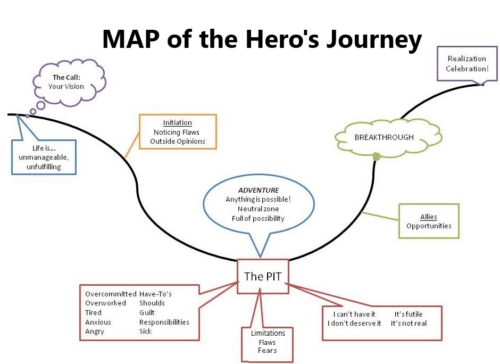
Most of the time, the goal of treatment is not to completely stop playing games. At AOE Counseling, we look into the way games connect with the holistic person across all of their life areas. The process of growth and change requires a person to believe in themselves and find the right places to channel their strengths. While playing games recklessly is not a good thing, the games we play and how we play them help us to notice those strengths hidden inside ourselves.
Contact Us
If you or someone you know needs help with their struggles in life and a way to find their healthy gaming path, please contact us through the website in order to get started with the right services for your situation. You can contact AOE Counseling via phone, email, or website contact form HERE, and we would be happy to provide assistance.
